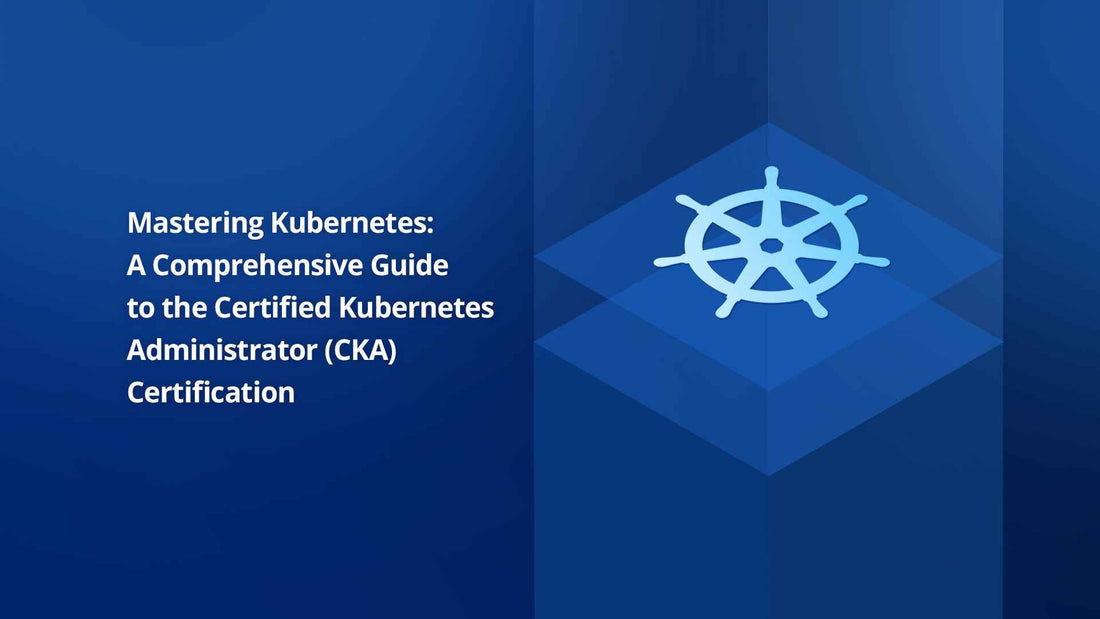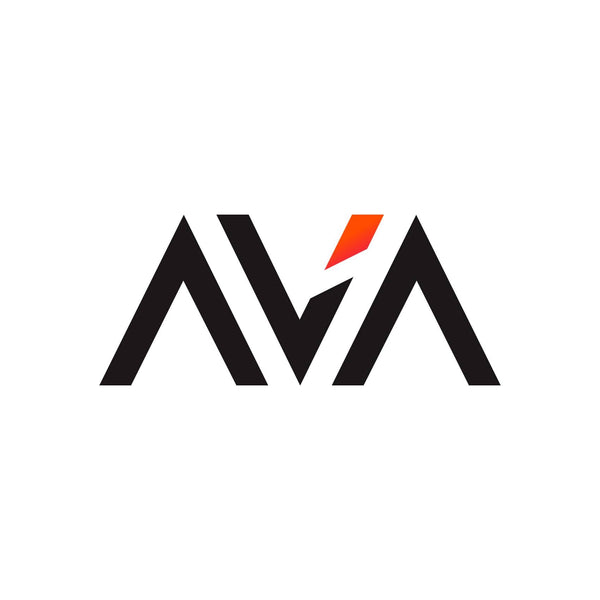
Mastering Kubernetes: A Comprehensive Guide to the Certified Kubernetes Administrator (CKA) Certification
Share
Kubernetes has become the gold standard for container orchestration in modern software development. With organizations increasingly adopting Kubernetes for its powerful capabilities in automating the deployment, scaling, and operation of application containers, there is a growing demand for professionals who can expertly manage Kubernetes clusters. The Certified Kubernetes Administrator (CKA) certification is one of the most respected credentials in this space, validating an individual's ability to perform the responsibilities of a Kubernetes administrator.
Why Pursue the CKA Certification?
The CKA certification is ideal for IT professionals looking to advance their careers in cloud-native technologies. Here are a few reasons why pursuing the CKA certification could be a game-changer for your career:
- Industry Recognition: The CKA certification is widely recognized by employers, making it a valuable addition to your resume.
- Hands-on Expertise: The exam is entirely performance-based, requiring candidates to demonstrate their skills in real-world scenarios.
- Career Advancement: Certified Kubernetes Administrators are in high demand, and the certification can lead to higher-paying roles and more opportunities.
- Deep Understanding: Preparing for the CKA will provide you with a comprehensive understanding of Kubernetes, its components, and how to manage it effectively.
What the CKA Exam Covers
The CKA exam tests your ability to install, configure, and manage Kubernetes clusters. Here’s an overview of the main domains covered:
- Cluster Architecture, Installation & Configuration (25%)
- Manage role-based access control (RBAC)
- Use Kubeadm to install a basic cluster
- Manage certificates for Kubernetes components
- Configure and maintain Kubernetes networking
- Workloads & Scheduling (15%)
- Understand Deployments and how to perform rolling updates
- Use Kubernetes primitives to implement services and load balancing
- Manage pod scheduling and use labels and selectors
- Services & Networking (20%)
- Understand and configure network policies
- Manage Ingress controllers and load balancers
- Secure cluster communications and implement SSL/TLS for Kubernetes
- Storage (10%)
- Understand persistent storage in Kubernetes
- Use storage classes to manage dynamic provisioning
- Troubleshooting (30%)
- Troubleshoot application failures and cluster failures
- Identify and resolve networking issues
- Monitor and analyze logs for debugging
Preparing for the CKA exam requires a mix of hands-on practice and theoretical study. Here are some tips to help you succeed:
- Set Up a Lab Environment: Use Minikube or a cloud-based Kubernetes service to create a practice environment where you can experiment freely.
- Use the Kubernetes Documentation: The Kubernetes documentation is allowed during the exam, so become familiar with it.
- Practice Troubleshooting: Since troubleshooting accounts for 30% of the exam, spend time resolving issues and debugging Kubernetes environments.
- Take Practice Exams: Mock exams can help you get comfortable with the exam format and time constraints.
Resources to Aid Your Preparation
To assist you in your preparation, here are some valuable resources:
- Kubernetes Official Documentation: The best place to start for understanding Kubernetes concepts and commands.
- CKA Exam Study Guide: A comprehensive guide covering all exam domains.
- Interactive Labs: Sites like Katacoda offer interactive Kubernetes scenarios that are great for hands-on practice.
- Online Courses: Platforms like Udemy and Coursera offer CKA preparation courses that cover all necessary topics.
- Community Forums: Join Kubernetes forums and Slack channels to connect with others preparing for the exam.
Final Thoughts
Achieving the CKA certification is a significant milestone for any IT professional interested in Kubernetes and cloud-native technologies. It not only demonstrates your ability to manage complex Kubernetes environments but also positions you as a valuable asset in the job market. By investing time and effort into mastering Kubernetes, you can elevate your career and open doors to exciting opportunities in the rapidly evolving tech landscape.
